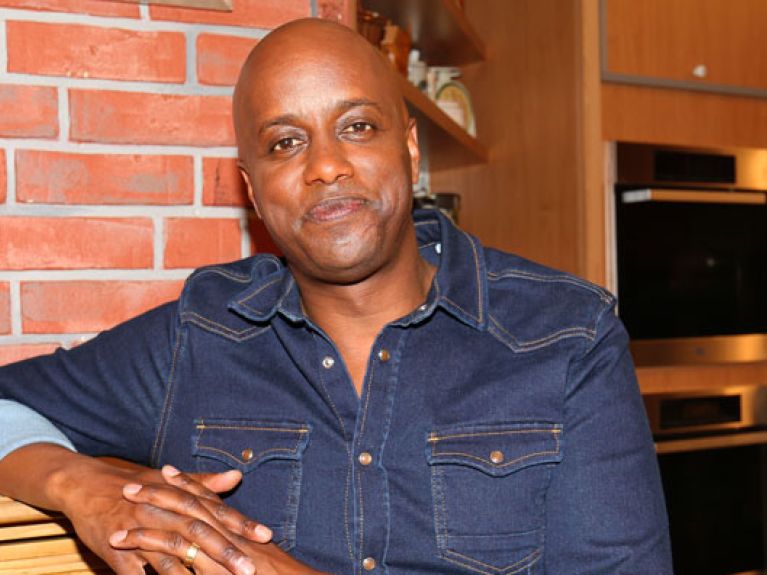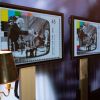Learning from refugees
Refugees are people with energy and a vision, says presenter Yared Dibaba. He came to Germany from Ethiopia.

Yared Dibaba
Say it in Plattdeutsch.
When you are on the run, you often lose something, a photograph, a piece of clothing, a memory. In Yared Dibaba’s case it was his name. He was born in Ethiopia as a member of the Oromo people and called Yared Terfa, with his father’s first name as his family name. Having fled to Germany, his family name was adapted to that of his father, Terfa Dibaba, so Yared Terfa became Yared Dibaba. Today, under that name, the 46-year-old is one of the most famous anchormen on the NDR television station. He grew up near Oldenburg in Lower Saxony and learned to speak the local dialect, Plattdeutsch, perfectly. That language is only spoken by two million people.
The Dibaba family fled to Germany via Kenya in 1979 to escape the civil war in Ethiopia. Prior to that they had lived for a short time in Germany because their father was studying at university in Osnabrück. The Dibabas came to Germany by plane – so there is no comparison with what refugees today are going through, says Dibaba. He recommends that the potential of the new arrivals be seen as an opportunity: “Refugees are people who have gone beyond their limits. This demands a lot of energy and a vision. There is much to be learned from people like that.”
Having trained as a business clerk, Yared Dibaba then attended acting school and studied music. Today he works as an actor, presenter, singer and writer. For the programme, De Welt op platt, he travelled around the world conversing with North-German emigrants in Plattdeutsch. ▪

